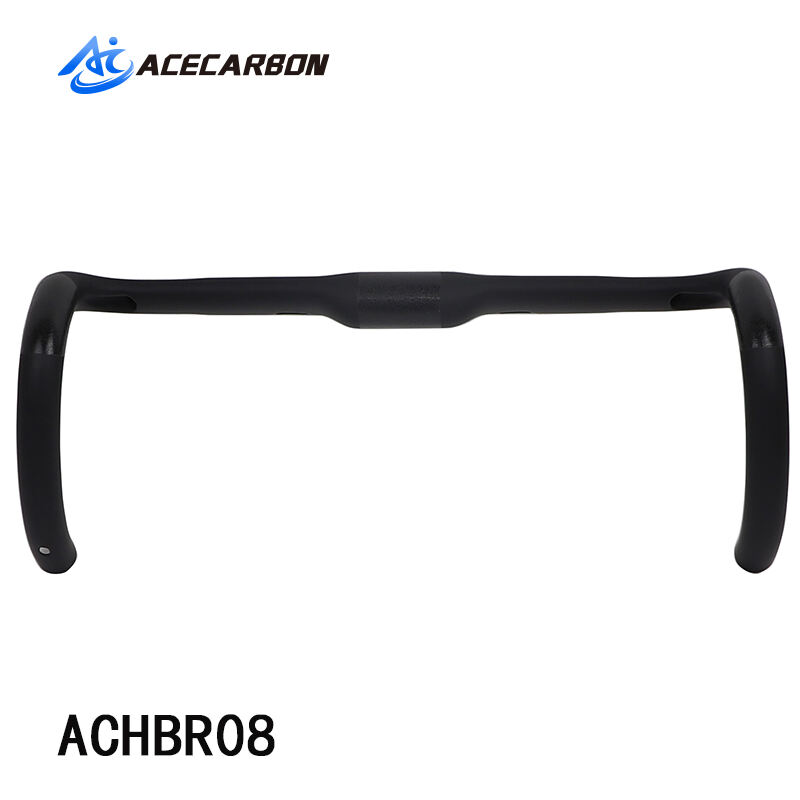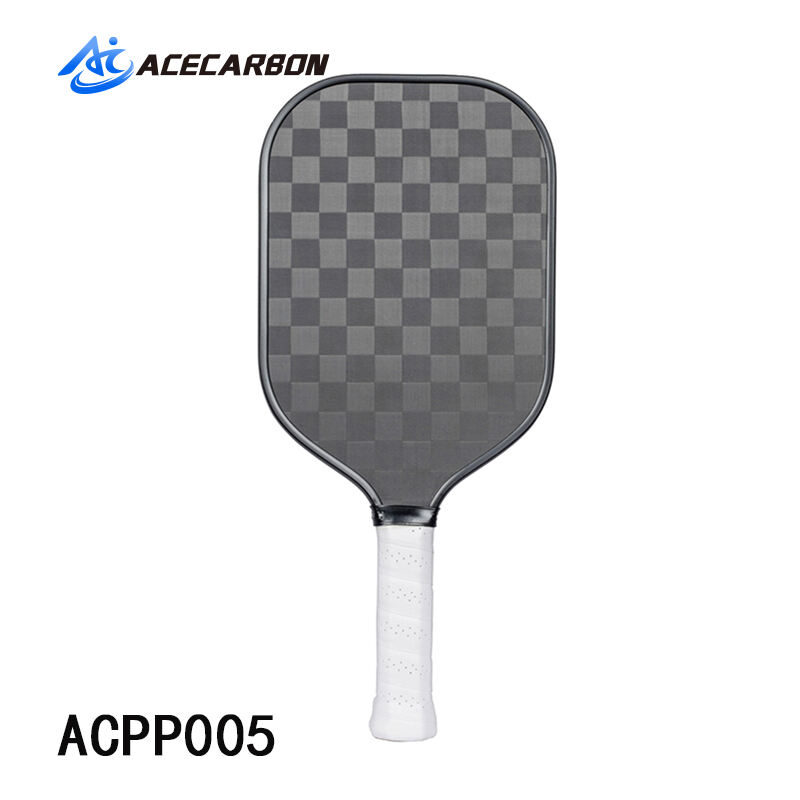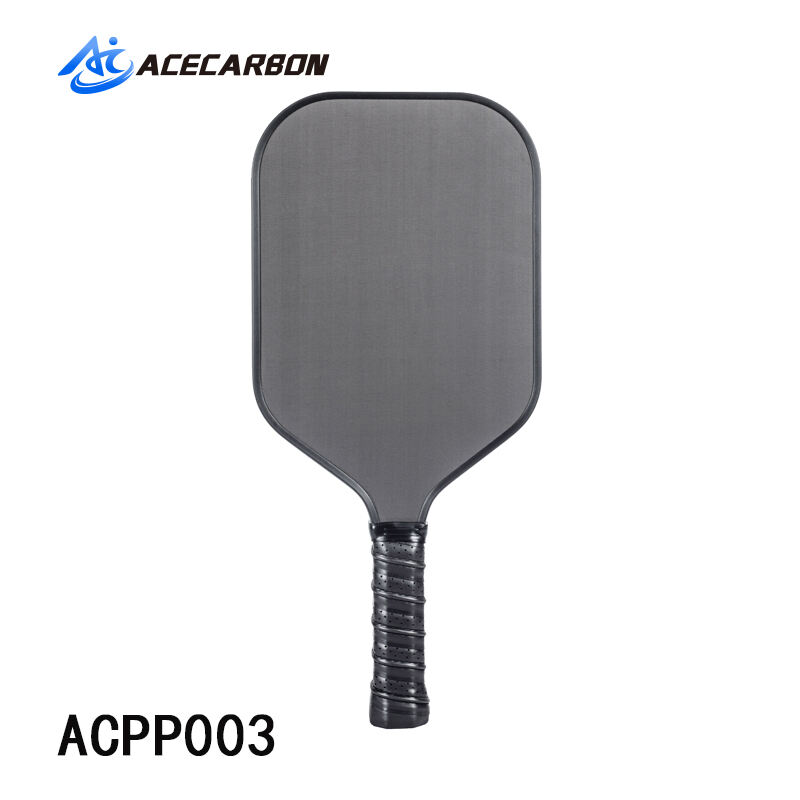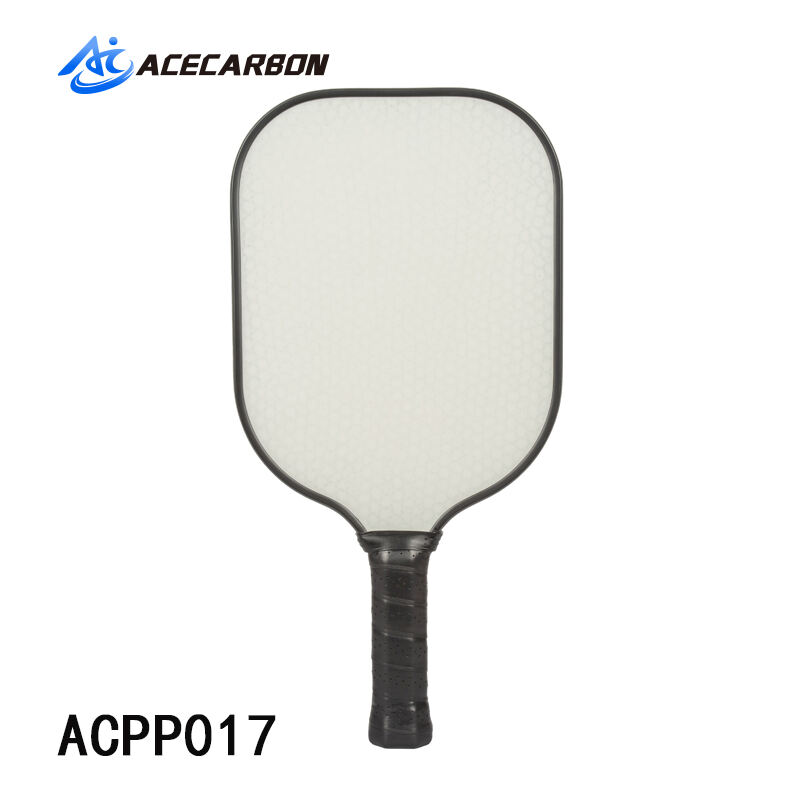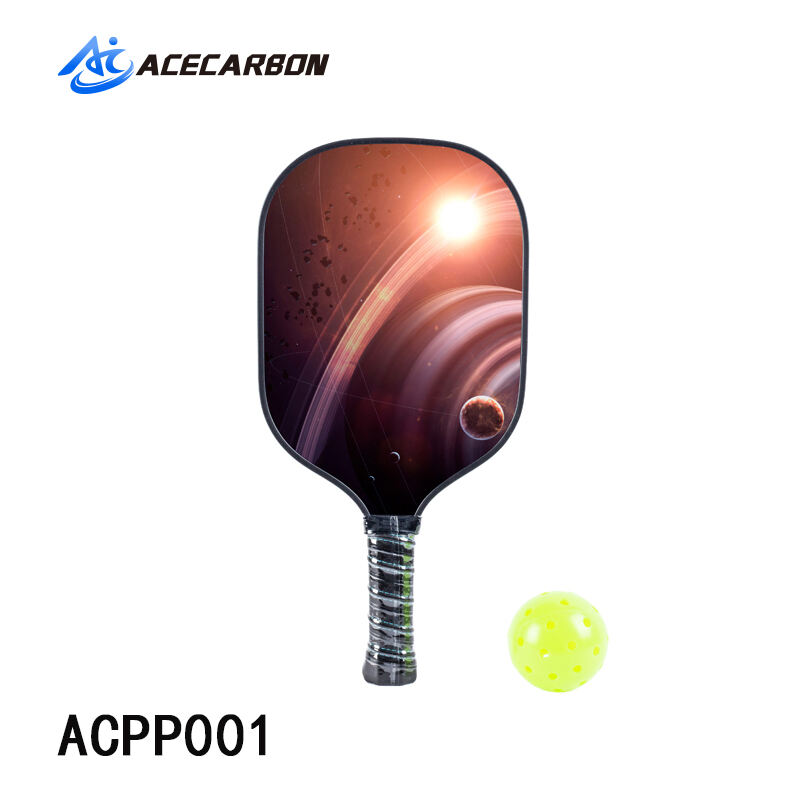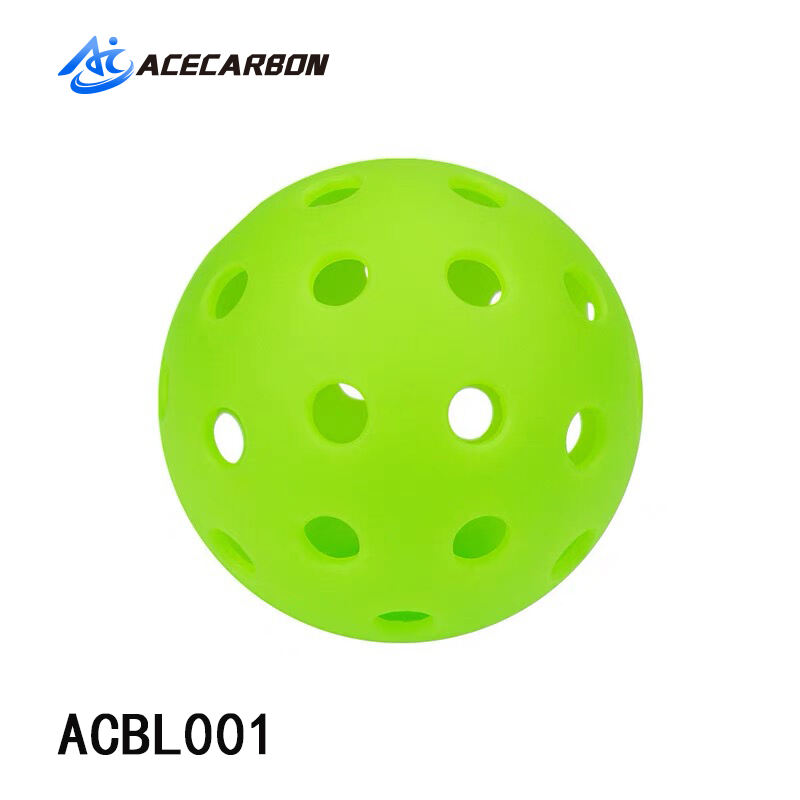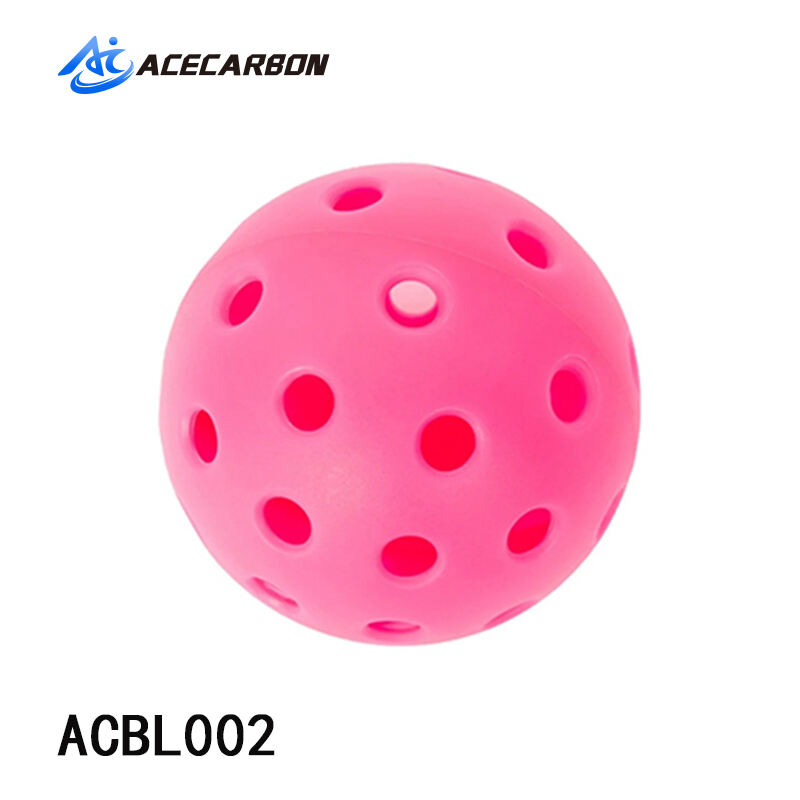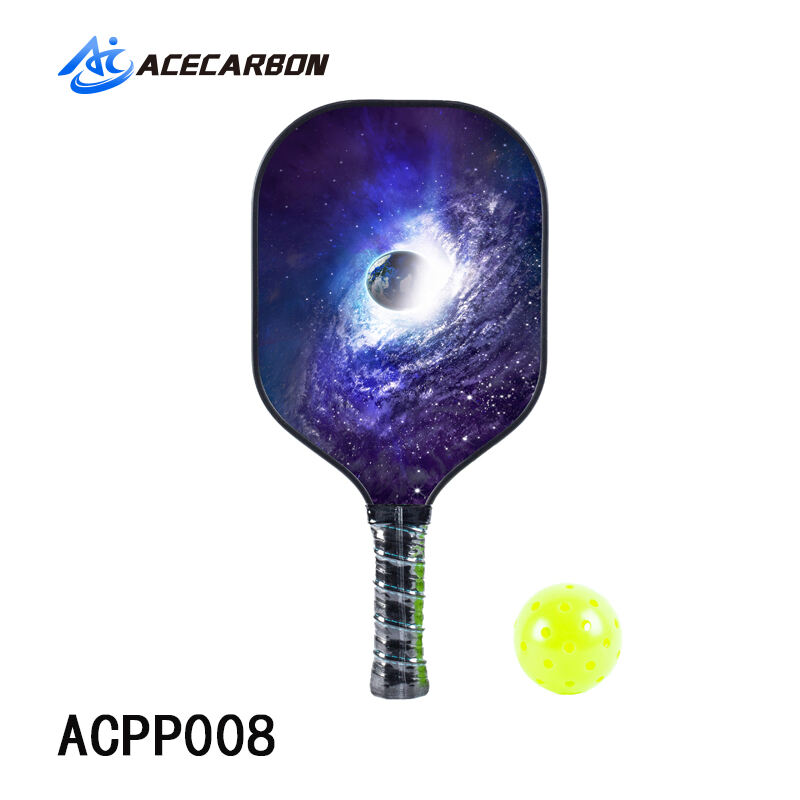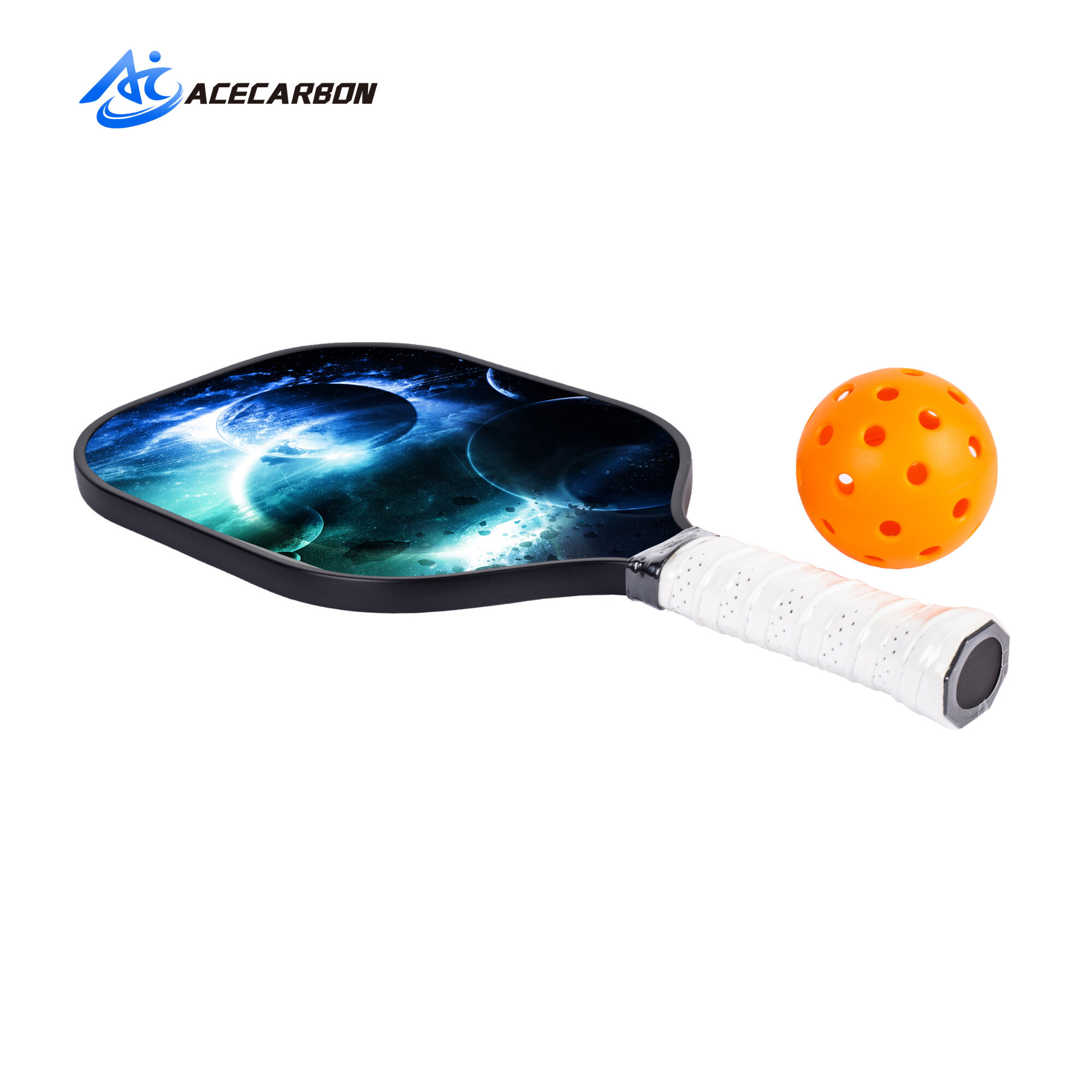Distinguishing Between 26 and 40 Hole Configurations in Pickleball Paddles
The distinction between a 26-hole and a 40-hole pattern in pickleball paddles can significantly influence their performance dynamics:
26-Hole Pattern:
Precision and Control: Paddles with a 26-hole pattern typically excel in precision and control. The reduced number of holes translates to a larger surface area for ball contact, facilitating accurate shot placement with enhanced control.
Moderate Ball Speed:
With fewer perforations, 26-hole paddles tend to generate slightly slower ball speeds compared to their 40-hole counterparts. This characteristic caters well to players who prioritize finesse and precise placement over sheer power.
Subdued Sound:
The minimal number of holes results in quieter gameplay, particularly advantageous for indoor settings where noise levels require restraint.
40-Hole Pattern:
Power and Velocity: Paddles featuring a 40-hole pattern are renowned for their enhanced power and ball velocity. The increased airflow through the paddle reduces air resistance, facilitating swifter ball speeds and empowering players who favor a more aggressive playstyle.
Expanded Sweet Spot: The surplus of perforations contributes to a larger sweet spot, offering forgiveness for off-center hits. This feature is particularly beneficial for players refining their skills or seeking a paddle with greater forgiveness.
Audible Impact: The amplified airflow often produces a louder "pop" upon ball contact, a sensory aspect that some players find gratifying.
In summary, while both hole patterns have their merits, the choice between a 26-hole and a 40-hole paddle hinges on individual playing style preferences, with the former prioritizing precision and control and the latter emphasizing power and speed.

 EN
EN
 AR
AR
 BG
BG
 HR
HR
 CS
CS
 DA
DA
 NL
NL
 FI
FI
 FR
FR
 DE
DE
 EL
EL
 HI
HI
 IT
IT
 JA
JA
 KO
KO
 NO
NO
 PL
PL
 PT
PT
 RU
RU
 ES
ES
 SV
SV
 TL
TL
 ID
ID
 SR
SR
 SK
SK
 SL
SL
 UK
UK
 VI
VI
 HU
HU
 TH
TH
 TR
TR
 FA
FA
 MS
MS
 IS
IS
 AZ
AZ
 BN
BN
 LO
LO
 MI
MI
 MY
MY
 SM
SM
